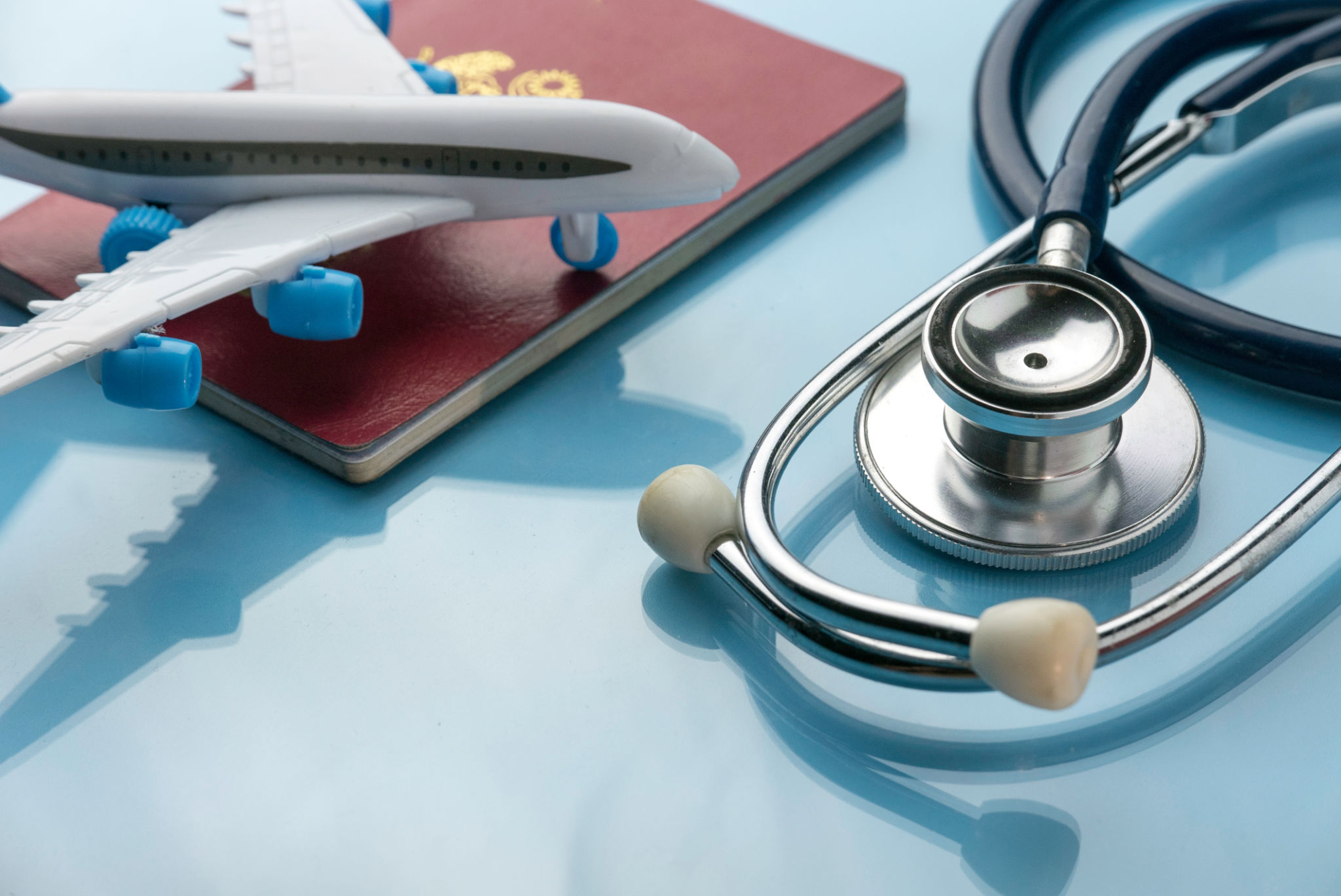Multilingual Support in Medical Tourism: Bridging Language Barriers
The Growing Trend of Medical Tourism
Medical tourism is increasingly becoming a global trend as patients seek quality healthcare services abroad at more affordable prices. This growing phenomenon brings with it a unique set of challenges, particularly when it comes to language barriers. As patients travel across borders for medical procedures, the need for effective communication becomes paramount. This is where multilingual support plays a crucial role.

Understanding the Importance of Language in Healthcare
Effective communication is the cornerstone of quality healthcare. Misunderstandings due to language differences can lead to incorrect diagnoses, inappropriate treatments, and a lack of informed consent. In medical tourism, where patients are in unfamiliar environments, the risk of miscommunication is heightened. Offering multilingual support can significantly reduce these risks and enhance patient safety.
Benefits of Multilingual Support
Providing multilingual support in medical tourism brings numerous benefits, including:
- Improved patient satisfaction: Patients feel more comfortable and secure when they can communicate in their native language.
- Better clinical outcomes: Clear communication can lead to accurate diagnoses and effective treatment plans.
- Enhanced trust and loyalty: Facilities that offer multilingual services are likely to build stronger relationships with international patients.
Implementing Multilingual Services
Healthcare providers engaging in medical tourism must prioritize multilingual support to ensure a seamless experience for international patients. This involves employing multilingual staff, utilizing translation services, and adopting technology solutions like language translation apps. By doing so, healthcare facilities can cater to a diverse patient population more effectively.

Role of Technology in Bridging Language Barriers
Technology plays a pivotal role in overcoming language challenges in medical tourism. From translation apps to real-time interpretation services, technological innovations are making it easier for patients and healthcare providers to communicate effectively. These tools not only facilitate better understanding but also enhance the overall patient experience.
Cultural Sensitivity in Medical Tourism
Beyond language, cultural sensitivity is essential in providing comprehensive care to international patients. Understanding cultural nuances and respecting diverse backgrounds can further improve communication and patient satisfaction. Training staff in cultural competence is as important as offering multilingual support.

The Future of Multilingual Support
As the medical tourism industry continues to grow, the demand for multilingual support will become even more critical. Healthcare facilities must continuously adapt by expanding their language offerings and integrating advanced technology solutions. By doing so, they can provide superior care and attract a broader range of international patients.
Conclusion: The Path Forward
In conclusion, multilingual support is not just an optional service but a necessity in the world of medical tourism. By bridging language barriers, healthcare providers can ensure a safe, comfortable, and satisfactory experience for patients seeking medical care abroad. As the industry evolves, embracing multilingual and culturally sensitive practices will be key to success.